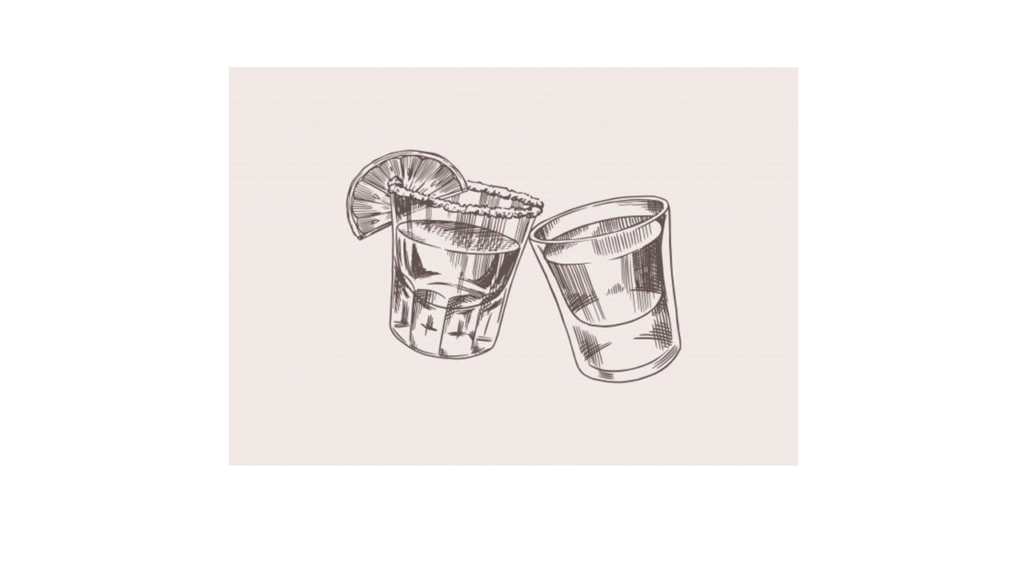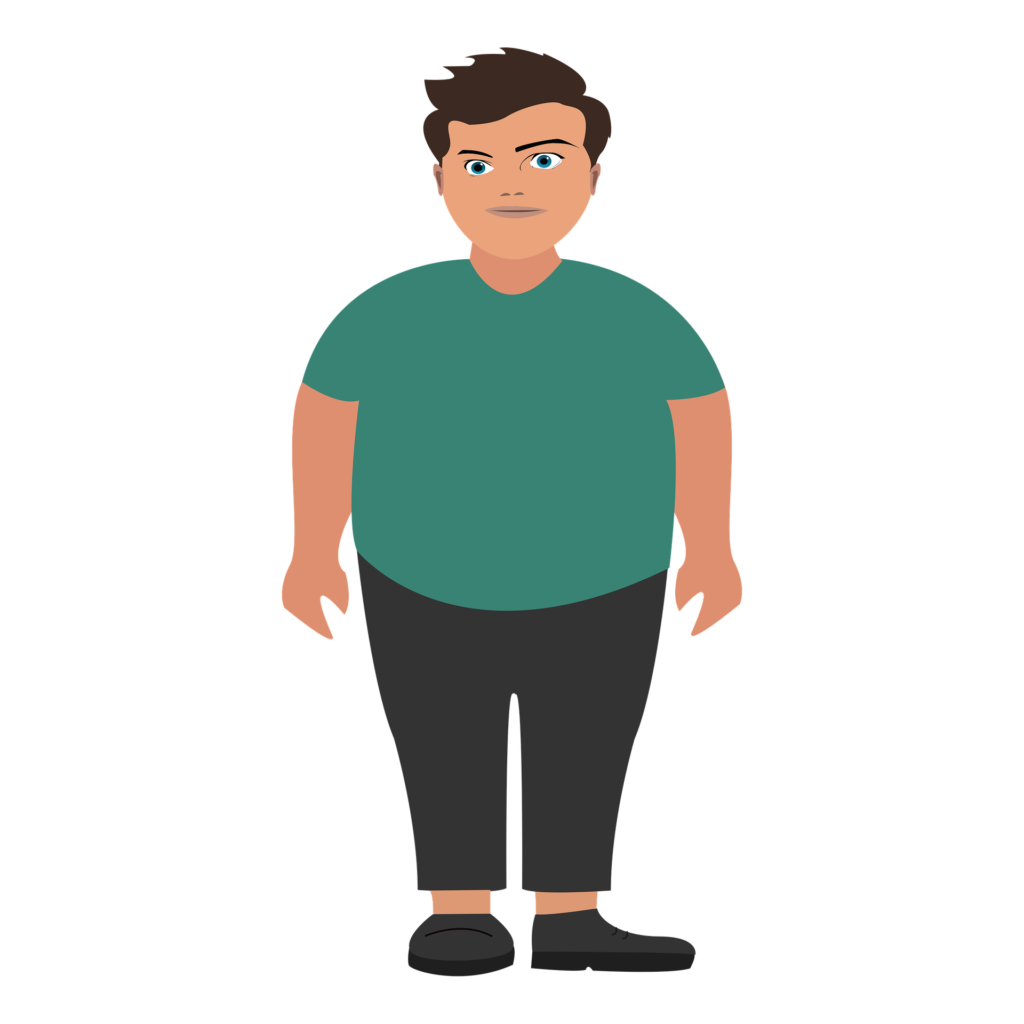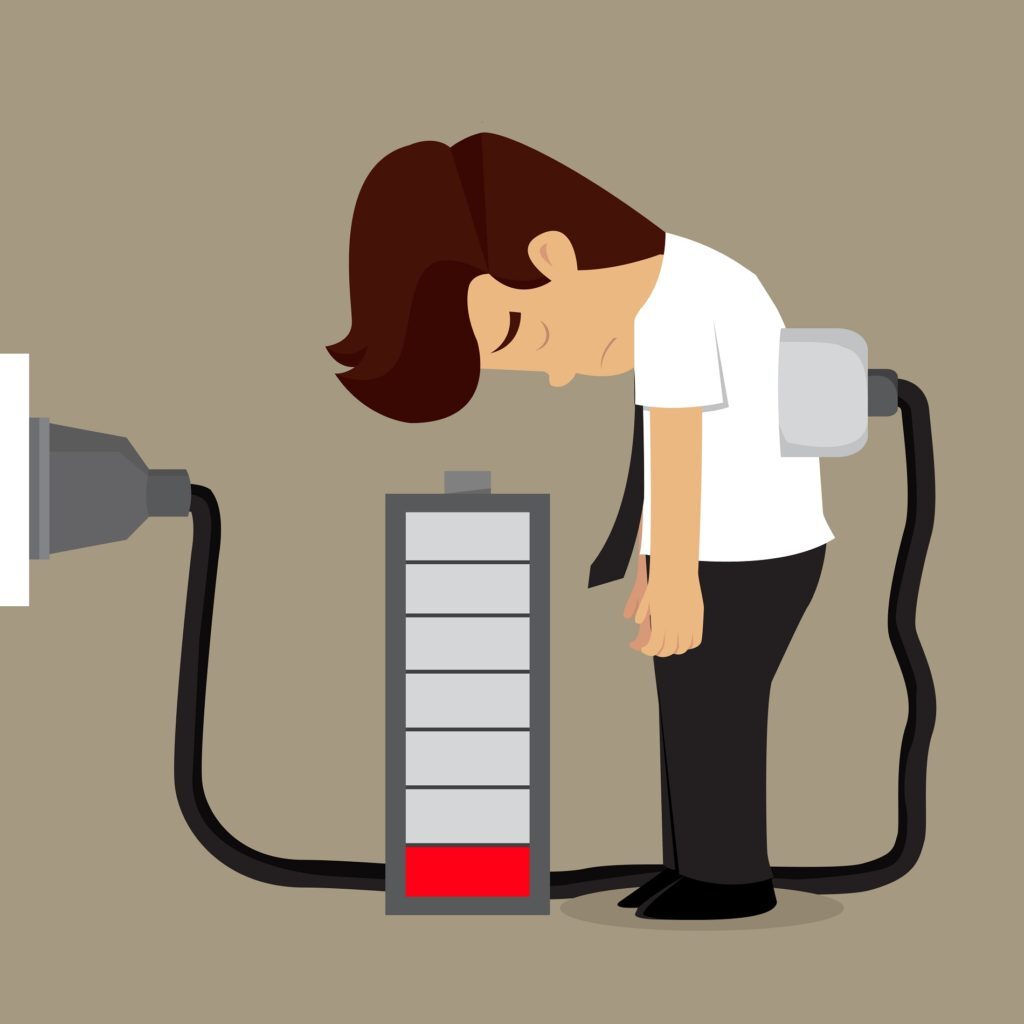How Alcohol Affects Fat Loss & Fitness

Believe it or not, drinking Beer which people often drink more due to beer’s lower alcohol percentage results in piling on more calories than drinking one glass of a heavier drink like Whiskey. Each glass of alcohol contains calories but whiskey, vodka, gin, wine, etc. all have almost equal amounts of calories.
So if you are thinking of just getting buzzed on a night out with friends and don’t want it to affect your diet. Go for Shots! (Drinks with water and soda as the mixer is also fine). Since almost all other cocktails and drinks are mixed with coke (except wine), Cocktails on average have much higher calories. The calorie intake is increased significantly with soft drinks as the mixer.

Dehydration
The Main way Drinks affect us is by causing Dehydration. It causes your body to remove fluids at a much quicker rate than normal, if you don’t drink enough water with your alcohol you can quickly get dehydrated. The Higher the Alcohol Content/ the more you drink the higher the chance of this happening.
This is more likely to happen if you drink on an empty stomach. As more of the alcohol gets absorbed in your bloodstream, with food it takes much longer. Alcohol also reduces the quantity of vasopressin in the body, which is a hormone that enables the body to hold on to water by limiting the amount of urine the kidney makes. But with an increase in alcohol and reduction in vasopressin, you urinate more thus leading to dehydration.

The Beer Belly
Fat is stored in different areas of the body, in women, it’s stored in the hips, butt, and thighs. While for men fat storage is mainly in their belly. Beer belly is caused by the extra calories you gain by drinking and if you don’t burn this off it will usually result in pilling up the visceral fat that results in the beer belly. Too much visceral fat is especially harmful so drink in moderation.
The Hangover
One of the major ways alcohol affects your weight is the after-effects of drinking aka HangOver. A Hangover is usually accompanied by fatigue, and feeling sluggish which on top of work/ college will certainly mean you skipping the Gym. No Gym equals no workout and that means no Fat Burned.


For Ladies
Ladies for you I will suggest wine instead of a fancy cocktail since 90ml of wine has the same calories as 30ml of most other drinks. Since Wine is usually taken a lot slower than shots, it is the ideal drink as you won’t have too many and is usually paired with food like cheese.
Energy Breakdown Priorities
Usually, your body focuses on breaking down Glucose and Fats for energy. But when you drink alcohol your body shifts focus towards breaking down alcohol for energy. This means any other energy sources you might be consuming during this time (of drinking) are stored as fat. This means anything you eat while drinking is not used but instead stored as Fat!


While drinking does help you go to sleep faster. It has been observed that your REM sleep gets disturbed through drinking. This affects your Muscle Recovery and Growth which is essential after a workout as exercises cause minor tears in your muscle fiber which then your body repairs during sleep using protein.
Lack of sleep or improper sleep will also affect your fitness performance at the gym if you do decide to go after a hangover. So if you are gonna drink, drink in moderation, or the hangover gets worse and so does your sleep.
Alcohol poisoning
Alcohol poisoning is a serious — and sometimes deadly — consequence of drinking large amounts of alcohol in a short period. Drinking too much too quickly can affect your breathing, heart rate, body temperature and gag reflex and potentially lead to a coma and death.
A major cause of alcohol poisoning is binge drinking — a pattern of heavy drinking when a male rapidly consumes five or more alcoholic drinks within two hours, or a female rapidly consumes at least four drinks within two hours. An alcohol binge can occur over hours or last up to several days.
You can consume a fatal dose before you pass out. Even when you’re unconscious or you’ve stopped drinking, alcohol continues to be released from your stomach and intestines into your bloodstream, and the level of alcohol in your body continues to rise.
Unlike food, which can take hours to digest, alcohol is absorbed quickly by your body — long before most other nutrients. And it takes a lot more time for your body to get rid of the alcohol you’ve consumed. Most alcohol is processed (metabolized) by your liver.
How long does the liver take to recover after consuming alcohol?
The liver is a vital organ responsible for breaking down and filtering out harmful substances in the blood. It also manufactures proteins, enzymes, and hormones that the body uses to ward off infections and illnesses. Further, it converts necessary vitamins, nutrients, and medicines into substances that our body can use. The liver, effectively, services our bodies to detoxify our blood and store glycogen for energy. As one might imagine, it’s an essential factor in keeping us healthy and strong. Unfortunately, alcohol can greatly impact the duties our liver is instructed to carry out, leading to severe liver complications.
“One of the most damaging consequences of prolonged alcohol abuse is the damage it can cause to your liver. Over 157,000 people in the U.S. have needed a liver transplant in the past 20 years, making it the second most common type of transplant surgery.”
Alcohol poisoning kills about six people every day. While liver cancer deaths have doubled in the same time frame.
Chronic or heavy drinkers face a greater chance of contracting liver diseases. They develop fatty liver disease. Alcoholic hepatitis, the liver’s degeneration due to inflammation, can morph into cirrhosis and may even be fatal.
If you stop drinking, fatty liver disease is completely reversible. The time it takes to reverse fatty liver depends on other factors like your weight and diet. But generally, healthy people with a good diet can recover from alcoholic fatty liver disease within six weeks of alcohol abstinence.
